International
Paraguayan President announces anti-corruption plan to fight corruption
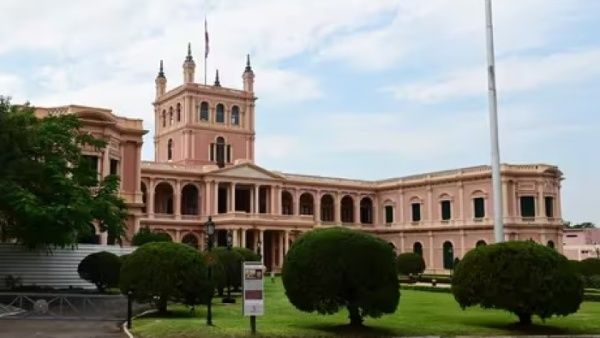
November 25 |
On his 100th day in office, Paraguayan President Santiago Peña signed on Thursday at the Government Palace with other authorities a document called “National Strategy to Combat Corruption”.
It is a 68-page “road map” with deadlines for the execution of various projects and its content was revealed in the middle of a ceremony held at the Government Palace, where other authorities of the three branches of government participated in the signing of the strategy.
The document was signed by President Santiago Peña, Vice President Pedro Alliana, Comptroller General Camilo Benítez, Attorney General Emiliano Rolón, the President of the Court, César Diesel, the head of Congress, Senator Silvio Ovelar, and the head of the Chamber of Deputies, Raúl Latorre.
According to the Paraguayan president, “we are seeking for this strategy to be a road map with measurable tasks, commitments and objectives that involve and involve society for execution and control”.
The President thanked the signatory authorities for fighting against corruption, respecting what he called the balance of powers. “All the authorities agree that corruption is a scourge that requires a coordinated, multidisciplinary and transversal action by the State in order to defeat its institutions”, he said.
He insisted that through this strategy a dialogue table is installed in the fight against this scourge, in “search of a better future”.
He also described that “the strategy contains four axes, 16 sub-themes and 42 initiatives. It is the most complete strategy I have ever seen in my life”.
He added that the plan “covers a series of issues that are transcendental” for the country, in relation to public health and education.
On the other hand, he announced the processing of the bill that establishes the “National Regime of Integrity, Transparency and Prevention of Corruption in Paraguay”. The norm foresees “to establish a new regime for the prevention of corruption in our country, assigning this relevant function to a constitutional body with functional autonomy and independence such as the Comptroller General of the Republic”.
International
Pope Leo XIV’s roots in Peru inspire hope for Amazon protection
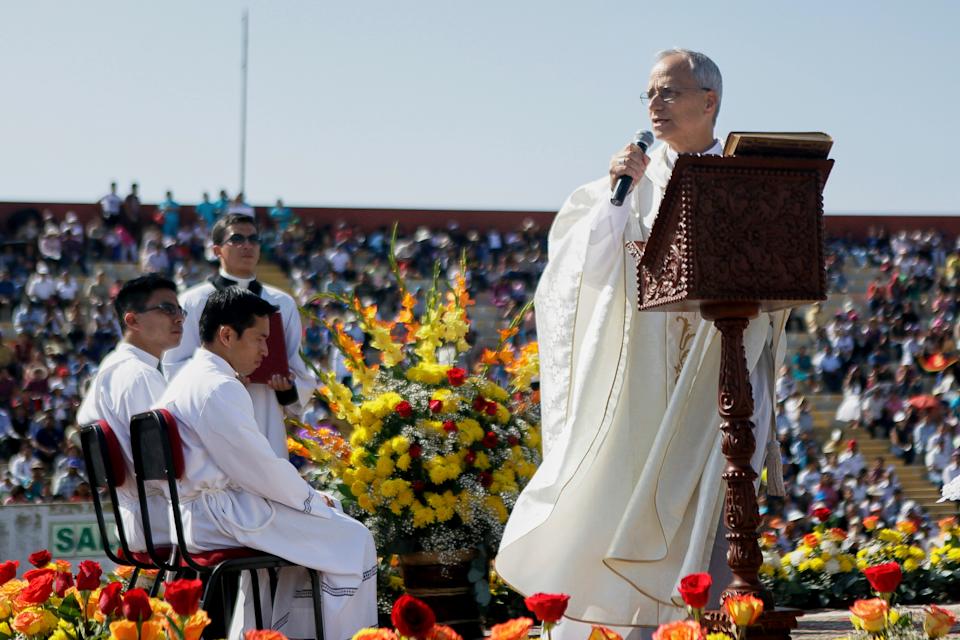
The bishop sat silently near the front row, hands clasped, as Indigenous leaders and Church workers spoke about the threats facing the forests of northern Peru, deep within the Amazon. It was 2016, one year after Laudato Si, Pope Francis’ encyclical on the environment.
When it was his turn to speak, the bishop didn’t preach—even though the gathering was taking place in his own city, Chiclayo, where he was hosting a regional meeting. Instead, he reflected on what he had witnessed.
“I believe it’s a very important encyclical,” he said. “It also marks a new step in the Church’s explicit expression of concern for all of creation.”
That bishop, Robert Prevost, is now Pope Leo XIV.
“He was always warm and approachable,” recalled Laura Vargas, secretary of the Interreligious Council of Peru, who helped organize the event, in a phone interview with The Associated Press.
“He had a strong interest in a socially engaged ministry, very close to the people. That’s why, when we proposed holding the event in his diocese, he welcomed it without hesitation,” she added.
Since then, Prevost has strengthened ties with environmental interfaith networks like the Interfaith Rainforest Initiative and Indigenous organizations such as AIDESEP, which place forest protection and rights at the heart of Church concerns.
These credentials have given hope to clergy and the faithful across the Amazon region—a vast area of 48 million people and 6.7 million square kilometers (2.6 million square miles) in South America. Many see Prevost, who was born in Chicago and spent nearly two decades in rural Peru, as a pope who will protect the region and stand up to climate change.
International
Pope Leo XIV blesses mexican faithful during Vatican appearance
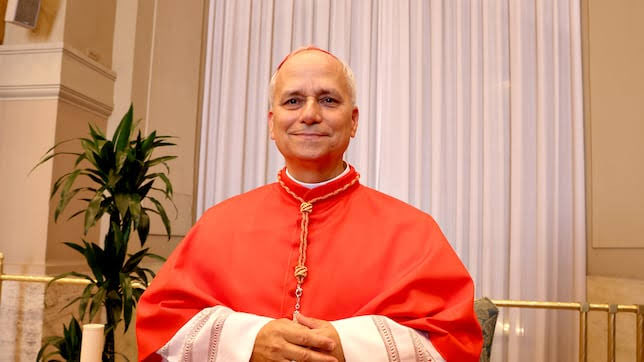
Following his appointment as the new leader of the Catholic Church, Pope Leo XIV offered his blessing to Mexican faithful and priests who had been waiting for him in the courtyard of the Palace of the Holy Office, just steps away from the entrance to the Vatican.
As he continued to shake hands with those present, someone exclaimed, “Greetings from Mexico!” To which Pope Leo XIV responded warmly, smiling and asking, “From Mexico?” A woman, kneeling to receive his blessing, confirmed: “All from Guadalajara.” The Pope reacted with pleasant surprise, exclaiming, “Ah, Guadalajara!”
Upon his arrival, the first American Pope—who also holds Peruvian nationality—blessed those awaiting him and even signed a Bible for a young girl.
International
Habeas Corpus at risk as Trump team eyes drastic border policy shift
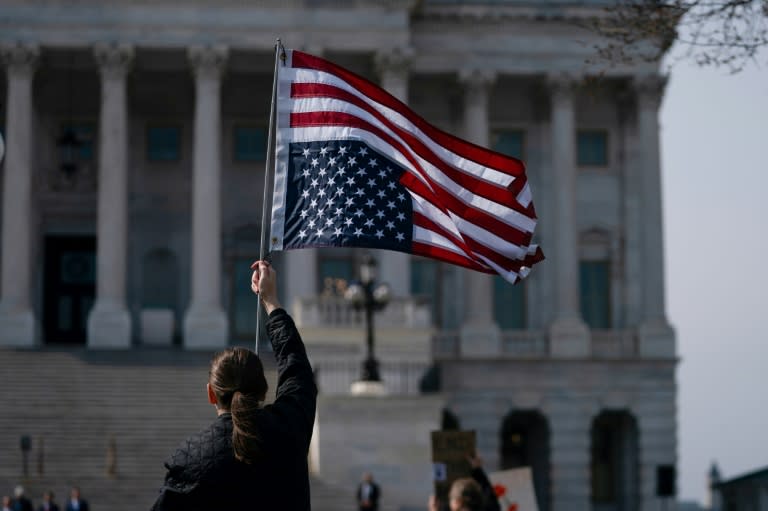
The White House is reportedly considering suspending habeas corpus, the legal principle that protects individuals against arbitrary detention, as part of its efforts to escalate anti-immigration measures in the United States.
In remarks to reporters, Stephen Miller, a senior advisor to President Donald Trump, argued that the U.S. Constitution allows the suspension of habeas corpus “in times of invasion.”
“It’s an option we are actively considering, and it all depends on whether the courts do the right thing or not,” Miller stated.
The Trump administration has frequently invoked the notion of a “migrant invasion” to justify actions such as the militarization of the U.S.-Mexico border and the deportation of foreign nationals—primarily Venezuelans—to El Salvador’s CECOT megaprison.
-
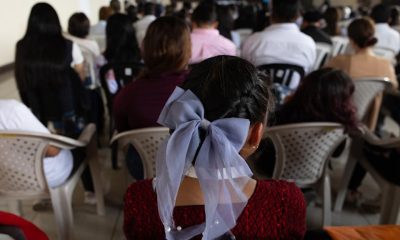
 Central America3 days ago
Central America3 days agoThousands of Guatemalan girls forced into motherhood due to sexual violence
-
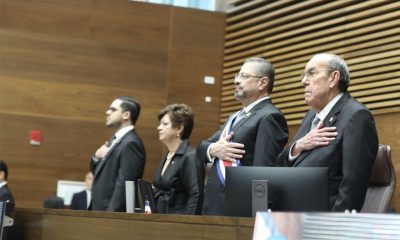
 Central America5 days ago
Central America5 days agoCosta Rica congressional leader warns of authoritarian drift under president Chaves
-
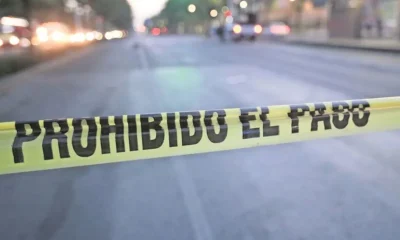
 International5 days ago
International5 days agoSinaloa Cartel faction leader ‘Chuy’ Guzmán Castro detained in Mexico amid rising violence
-

 International5 days ago
International5 days agoSpain approves plan to reduce workweek to 37.5 hours
-
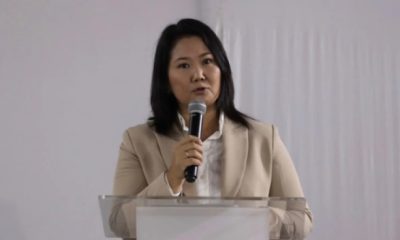
 International5 days ago
International5 days agoProsecutor José Domingo Pérez reinstated in Fujimori corruption case
-
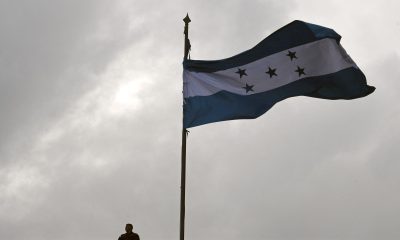
 Central America3 days ago
Central America3 days agoExperts urge action to protect democracy ahead of Honduras elections
-
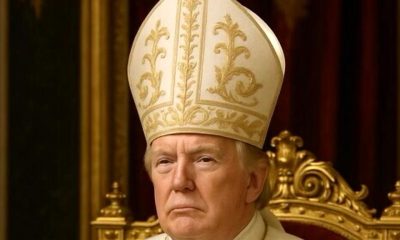
 International5 days ago
International5 days ago“Give me a break”: Trump defends AI image of himself as the Pope
-
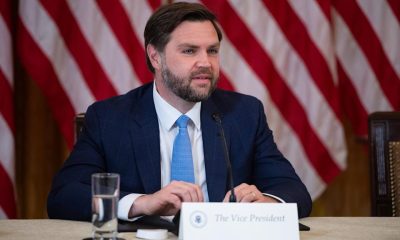
 International2 days ago
International2 days agoVP JD Vance to World Cup visitors: “Enjoy the game, then go home”
-

 Sin categoría5 days ago
Sin categoría5 days agoPope Francis donated Popemobile transformed into mobile clinic for Gaza’s children
-
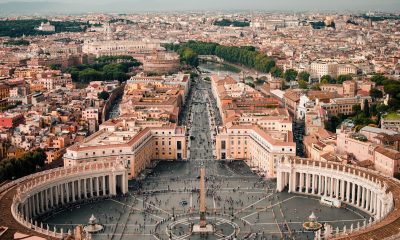
 International5 days ago
International5 days agoSins of the Vatican: Scandals, abuse, and a cardinal’s fall from grace
-

 International5 days ago
International5 days agoSheinbaum rejects U.S. military presence in Mexico’s war on drugs
-

 International2 days ago
International2 days agoBill Gates accuses Elon Musk of endangering the world’s poorest children
-
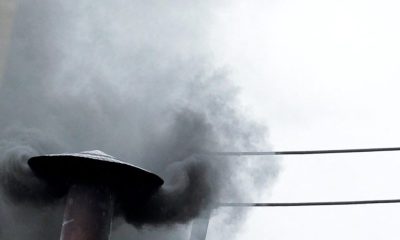
 International3 days ago
International3 days agoLong wait at the Vatican: experts defend lengthy papal election process
-

 International2 days ago
International2 days agoGates Foundation to close by 2045 as Bill Gates pledges to donate $200 Billion
-

 International3 days ago
International3 days agoXiomara Castro’s government vows to protect citizens amid threat reports
-
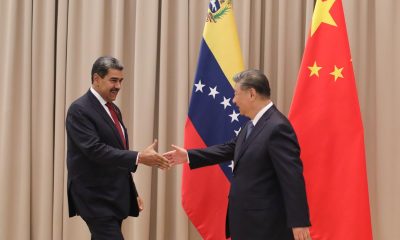
 International1 day ago
International1 day agoMaduro to Xi: Venezuela is a loyal friend to China
-
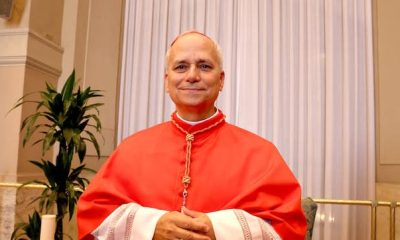
 Internacionales2 days ago
Internacionales2 days ago“A great honor for our country”: Trump congratulates Pope Leo XIV
-
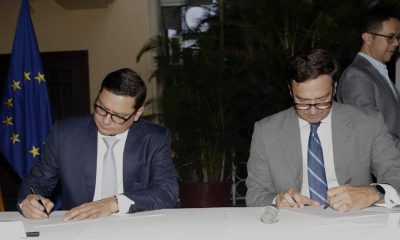
 International1 day ago
International1 day agoIberojet reaffirms commitment to Honduras as Central American Hub
-
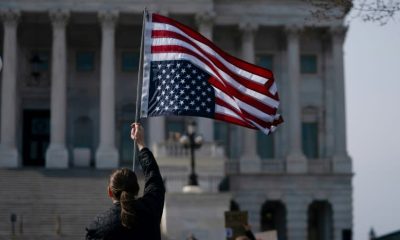
 International1 day ago
International1 day agoHabeas Corpus at risk as Trump team eyes drastic border policy shift
-
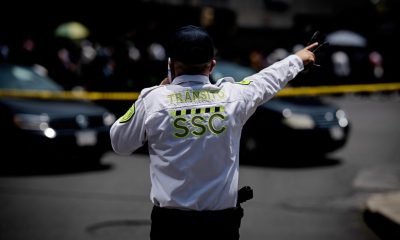
 International2 days ago
International2 days agoStrong winds cause stage collapse in Mexico City; seven hurt
-
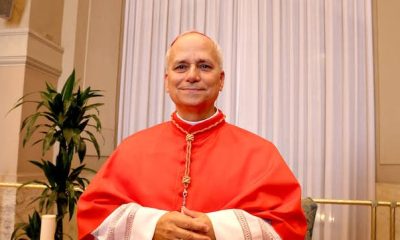
 International11 hours ago
International11 hours agoPope Leo XIV blesses mexican faithful during Vatican appearance
-
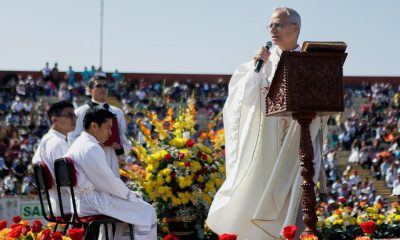
 International11 hours ago
International11 hours agoPope Leo XIV’s roots in Peru inspire hope for Amazon protection




















